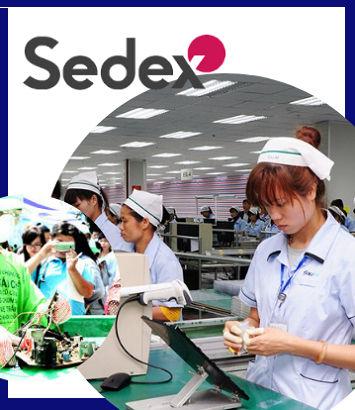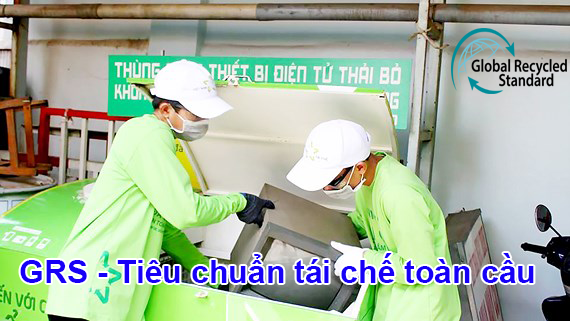
What is Sedex? Sedex Pre-audit – SMETA
✅ Sedex is a non profit organization (NPO) which is established to innovate ethic practices in business and social accountability in global supply chain. ✅ As t...
The Global Recycle Standard (GRS) was originally developed by Control Union Certifications in 2008 and was transferred its ownership to Textile Exchange on January 1, 2011. GRS is an international, voluntary, and sufficient standard that imposes third-party certification requirements for recycling components, product chain, social and environmental activities, and chemical restrictions.
GRS is designed to meet the needs of companies wishing to verify the recycled content of their products (both finished and semi-finished) as well as to verify social, environmental and chemical responsibility in production. The goals of GRS are to identify the requirements to ensure the correct ingredient declaration and good working conditions and minimize the impacts of harmful chemical on the environment. This includes cotton gin, spinning, weaving, and knitting, dyeing and printing, sewing companies in more than 50 countries.

Objectives of GRS standards:
• Link definitions on many applications.
• Track input and output traces of recycled materials
• Provide customers (brand and consumer) with a tool to make wise decisions.
• Reduce the adverse effects of production on people and the environment.
• Ensure that materials in the final product actually recycle and are processed more sustainably.
• Promote innovations in addressing quality problems when using recycled materials.
Subjects the GRS standard’s application
GRS Standard is applied for all companies which produce or trade GRS products. This standard includes processing, manufacturing, packaging, labeling, trading, and distribution of all products that made of at least 20% recycled material. The process of collecting and concentrating documents is not required to be certified to the GRS, but it is required to state that they have met a set of requirements that are consistent with the objectives of this standard and agree to be approved by the Certification Agency test on a random basis.
The range of certified products is inspired, but not limited to textile products. In the case where the outsourcing party produces final or partial final products, the relevant entities must then comply with the GRS.
In case, the organization hires external corporations a part or all of the final product production, they must also comply with the GRS.
The content of GRS (Global Recycle Standard)
This set of standards includes 5 parts corresponding to each of the core topics of the recycling standard. It includes:
• Part A: General information
• Part B: Social requirements
• Part C: Environmental requirements
• Part D: Chemical requirements
• Part E: Tools and resources
The GRS social requirements apply to all activities in the certified organization. They are based on the principles of the ILO statement on fundamental rules and rights at the workplace.
Conventions and recommendations of ILO show specific addresses of GRS that are listed in appendix 2. In all cases, international labor standards, national/local laws or the most stringent GRS requirements will be applied.
